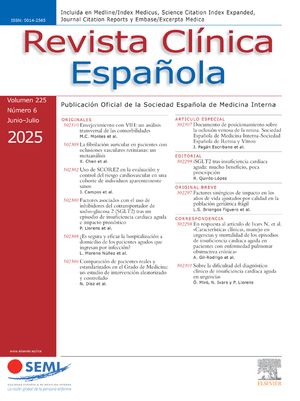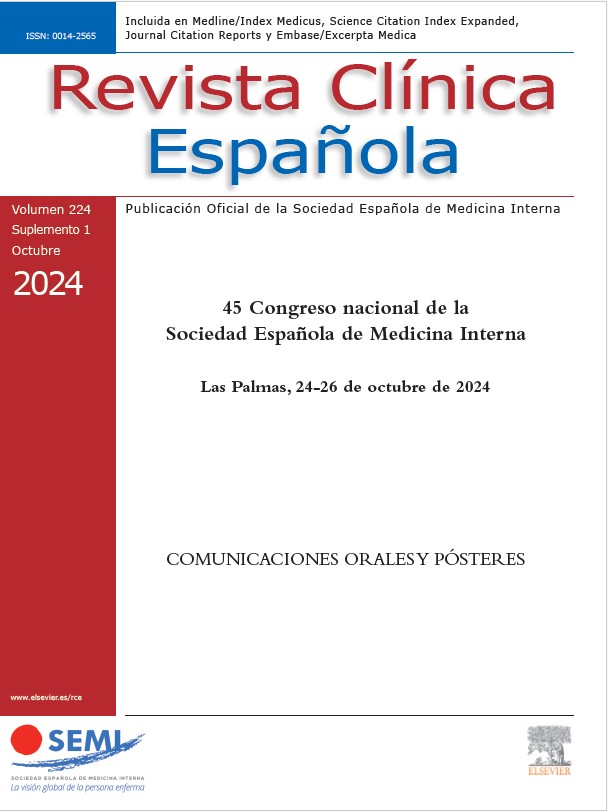El lenguaje médico debe caracterizarse por su precisión, neutralidad emocional y estabilidad. La comunicación efectiva de los resultados de los trabajos científicos depende del cumplimiento de las normas vigentes de redacción y estilo, de manera que en un texto con defectos formales puede quedar mermado el interés de los hallazgos. En este trabajo se comentan algunos de los problemas y defectos más habituales del lenguaje médico; entre ellos, el abuso de siglas y de extranjerismos, la utilización de palabras impropias, los errores sintácticos o solecismos, los defectos más frecuentes en los títulos, y el abuso de mayúsculas y del gerundio. Frente a estos problemas, el investigador dispone de armas eficaces para superarlos, como la consulta de textos de calidad, los diccionarios críticos de dudas y dificultades de la lengua española y los manuales de redacción y estilo.
Medical language should be characterized by its precision, emotional neutrality and stability. The effective communication of results of scientific studies depends on compliance with current standards of drafting and style; texts with defects can hinder interest in the findings. In this study, we discuss some of the most common problems and errors in medical language, including the abuse of abbreviations and foreign words, the use of improper words, syntax errors and solecisms, the most common errors in titles and the abuse of capital letters and the gerund. Investigators have effective tools for dealing with these problems, such as quality texts, critical dictionaries of questions and difficulties with the Spanish language and various drafting and style manuals.
Artículo
Diríjase desde aquí a la web de la >>>FESEMI<<< e inicie sesión mediante el formulario que se encuentra en la barra superior, pulsando sobre el candado.

Una vez autentificado, en la misma web de FESEMI, en el menú superior, elija la opción deseada.

>>>FESEMI<<<






